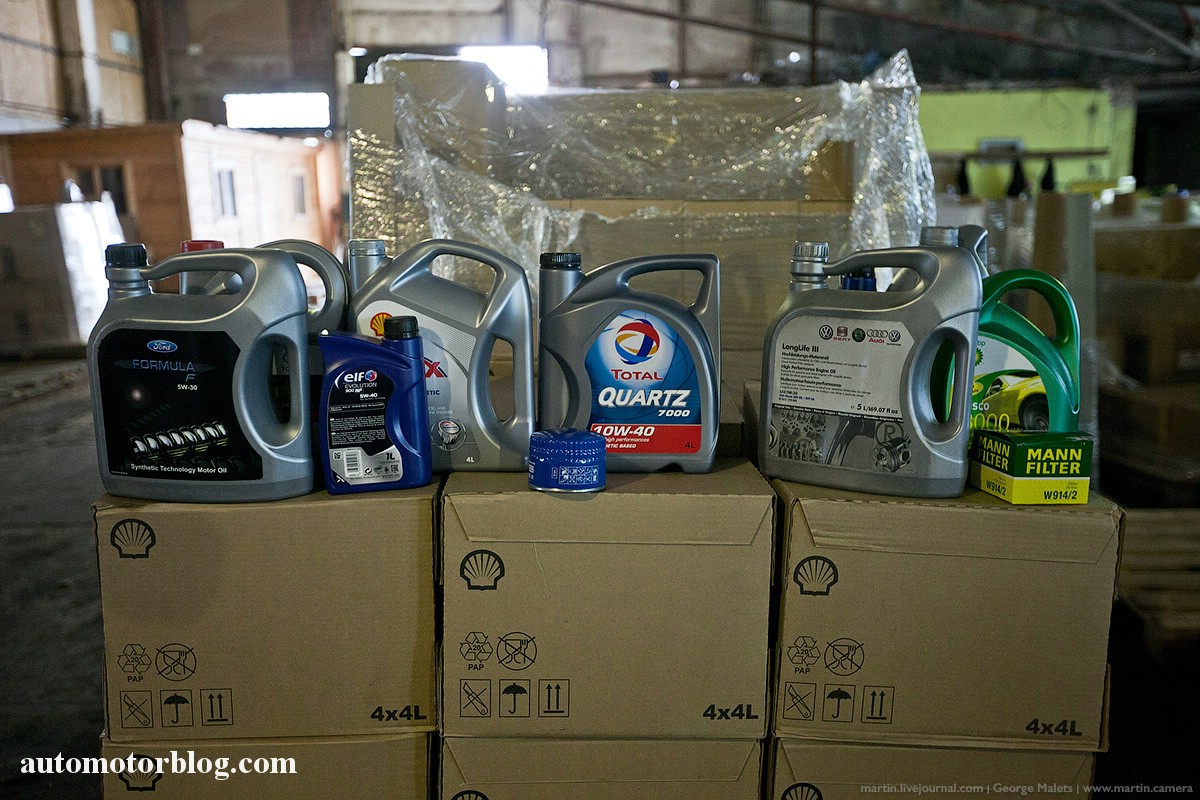It seems this year Canada also did not remain idle in reciprocating this gesture of the United States, especially bearing in mind the intensifying geopolitical rivalry, to impose new tariffs on the cars manufactured in the United States. This decision is in reaction to several tariffs that President Trump has placed, leading to a disturbance in the world economy.
Table of Contents
The New Tariffs
Currently, Canada has imposed a 25% tariff on fully assembled vehicles not meeting the terms of the CUSMA originating from the United States. Also, a 25% tariff has been imposed on the content from countries other than Canada and Mexico in the vehicles manufactured as per the CUSMA standards. This is a principle of reciprocation widely deployed by Canada to retaliate for what it considers unfair protectionism.
The tariffs apply to automobiles that fail to meet the provisions of the CUSMA agreement: vehicles with less than 75% of North American content. This rule indicates that several American car models are likely to be subjected to these tariffs to avoid flooding the Canadian market.
Financial Support for Autoworkers
Another admirable feature of Canada’s decision is the plan to reinvest the collected tariffs back into the auto industry employees. The Canadian government has promised that all the money raised will go to the autoworkers, which is a business that is heavily affected by such halts as the one experienced at the Windsor Assembly due to Trump’s tariffs.
A Firm Stance
Prime Minister Mark Carney spoke on the country’s behalf, stressing that it is important to shield Canadians and their establishments. He noted, “It means that the conditions of the international economy are not as they were before. We have to retaliate and be firm and do everything possible to defend Canada’s jobs and industries from the unfair tariffs by the United States, and that includes the automotive sector.
Modern Canada and the USA are inseparable; therefore, the forthcoming trade war looks rather serious. It has been established that the two countries have one of the strongest and most diverse trading partnerships in the international market, with over $2.5 billion in goods and services traded daily. On this relationship reside millions of jobs, making the stakes for both very high.
Personal Opinion
On that basis, I agree that such an aggressive approach is warranted for Canada. Trade tensions are known to reach a certain extent where they become detrimental to the economy. Though professing faith in globalization, foreign policy, protection of national interest, and jobs are immensely important. In this case, targeting only the non-compliant vehicles, Canada is managing to retaliate but also ensure that the integrity of the CUSMA agreement is preserved. This, coupled with financial aid for the workers, demonstrated a line of action revealing that there is a reasonable approach towards repairing any ill effects while fighting any pretextual measure.
End Note
Thus, as the conflict escalates in this trade war, the international community will observe the effects of this on the two countries. The idea is that diplomacy will prevail in the long run, and the matter will be solved in a way that preserves employment and the close economic relations that have existed for many years between Canada and the United States.












